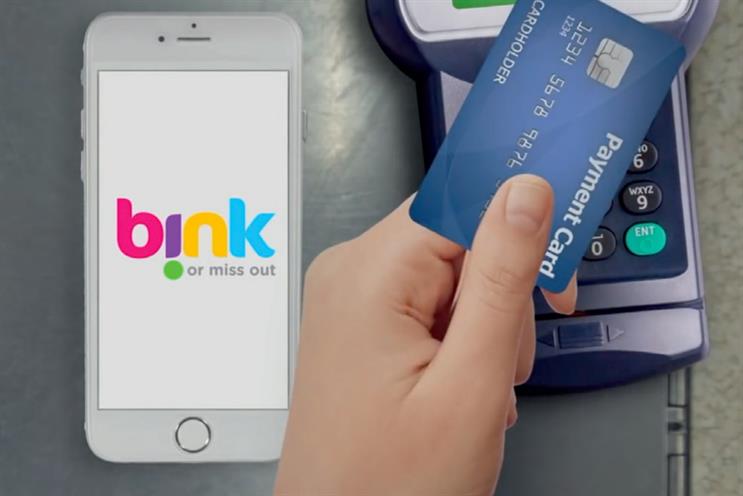Loyalty cards have mass appeal by anyone’s measure. The UK’s biggest, Nectar, had 16.8 million members in 2010 – about halfway between the Leave and Remain referendum tallies.
By 2014, it had hit 19 million. But while Nectar and its two biggest rivals, Tesco Clubcard and Boots Advantage, have a permanent home in millions of wallets, other schemes suffer from the unwillingness of shoppers to carry a large number of cards around – and even when they do, they don’t necessarily use them.
"We’ve got a client who’s got a good loyalty card," Martin Nieri, chief executive of Partners Andrews Aldridge, says, "and even its top 200,000 customers half the time don’t swipe their card."
In fact, there’s a curious, and unique, contradiction in the UK when it comes to these schemes. A huge study of 30,000 consumers in 63 countries by Nielsen found that UK shoppers were more likely than almost every other nationality to have loyalty cards, and had among the most on average. But only 51% said they saw a loyalty scheme as a reason to choose a retailer – the second-lowest rate of the 63 countries.
Bink, a digital wallet-like app that launched late last year, is aiming to do something about the situation. The software links a user’s loyalty cards to their debit card or other payment method, meaning their loyalty card is "swiped" automatically on payment.
Chief executive Lee Clarke, who founded Bink with business partner Greg Gormley, says he came up with the idea after experiencing "sheer frustration" at the amount that was asked of him to participate in loyalty schemes – he’s a member of 23 of them.
"To expect a frequent shopper to engage with multiple brands, user interfaces, remember multiple passwords and have the card there at the right moment didn’t work for me at all," he says.
It’s not immediately apparent that another app is what shoppers need to mend the faults of existing schemes. The evidence suggests we’re just as averse to clutter on our phones as in our wallets.
Data collected last year by mobile intelligence company Quettra found the average app lost 77% of its active users within three days of download and 95% within three months.
Thinking about loyalty differently
But the promise of Bink, Clarke says, is to cut out the "friction" in the user experience by eliminating the effort and co-ordination required of consumers and limiting their direct experience of the scheme to the rewards.
There are about 20 participating brands at the moment, including Morrisons, Arcadia and Pizza Express, but Clarke says he is in discussions with all the major retailers and expects them all to come on board in due course.
While Nectar is one notable example of a loyalty scheme taking in multiple brands, Clarke believes Bink is the first service able to act as a one-stop shop for loyalty.
The idea is not to change the core elements of how loyalty schemes work, he says: "It’s all about super-charging, giving access and raising what’s already out there."
Bink is designed to be an additional marketing channel to participating brands, in which they can deliver content, distribute coupons or other rewards and provide e-receipts.
Users can also register for schemes through the app, with their information automatically populated. In some cases, they will be prompted to do so.
If a Bink user buys something in Morrisons with their registered payment card, for example, the app will ask if they want to join the Morrisons More scheme, which they can do on the spot.

Clarke believes it offers a new environment where shoppers can "snack" on their favourite brands at a time that suits them – a style of engagement that will make the benefits of loyalty programmes more immediate and apparent.
"Customers these days are really savvy," he says. "They know people are collecting data. The friction point is that they’re not necessarily seeing a benefit for their data being shared."
Consumers are in fact becoming more open to sharing data, Nieri says, but expect increasingly attractive benefits in return.
"It’s quite easy to get people to sign up to loyalty schemes – the challenge is to keep them engaged," he says. "Things like Bink have recognised that the value and benefit of having these cards is quite minuscule."
The solution, he thinks, is to think about loyalty differently – not as something that needs to be actively expressed: "I don’t think loyalty can be created and forced through loyalty schemes per se. I actually think loyalty will be created by those friction-free experiences."
Bink, Nieri says, should take inspiration from mobile ad network Kiip, which sends ads as app notifications at opportune moments: "They’ve got a great model that fits into the customer experience, rather than creating another one. It’s commerce in the moment – serendipitous loyalty.
"Imagine a better time for Gatorade to send a message than when you’ve just finished a run with the Nike app running."



